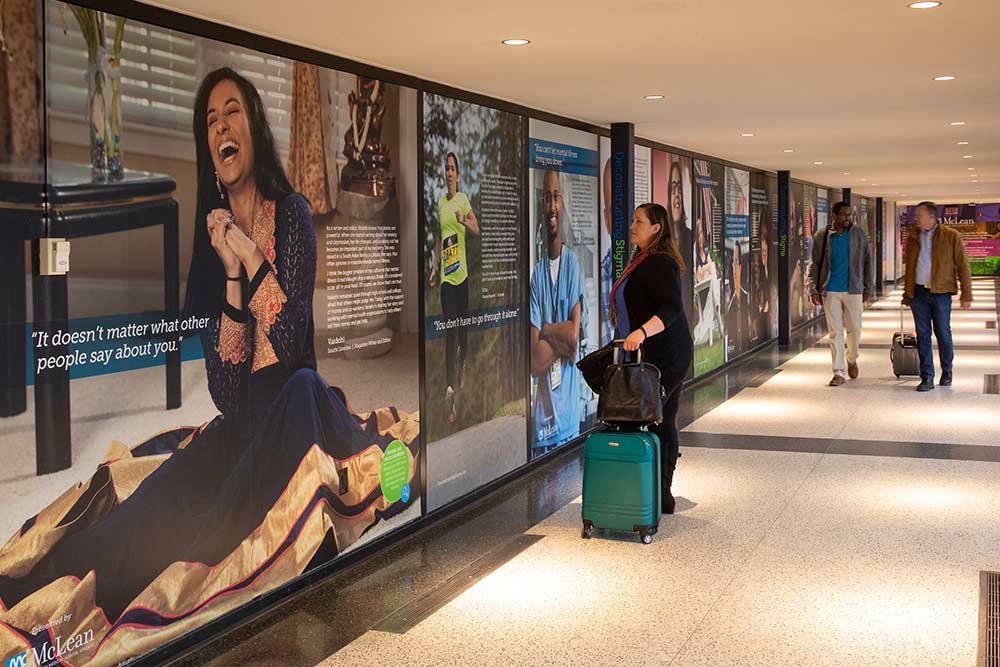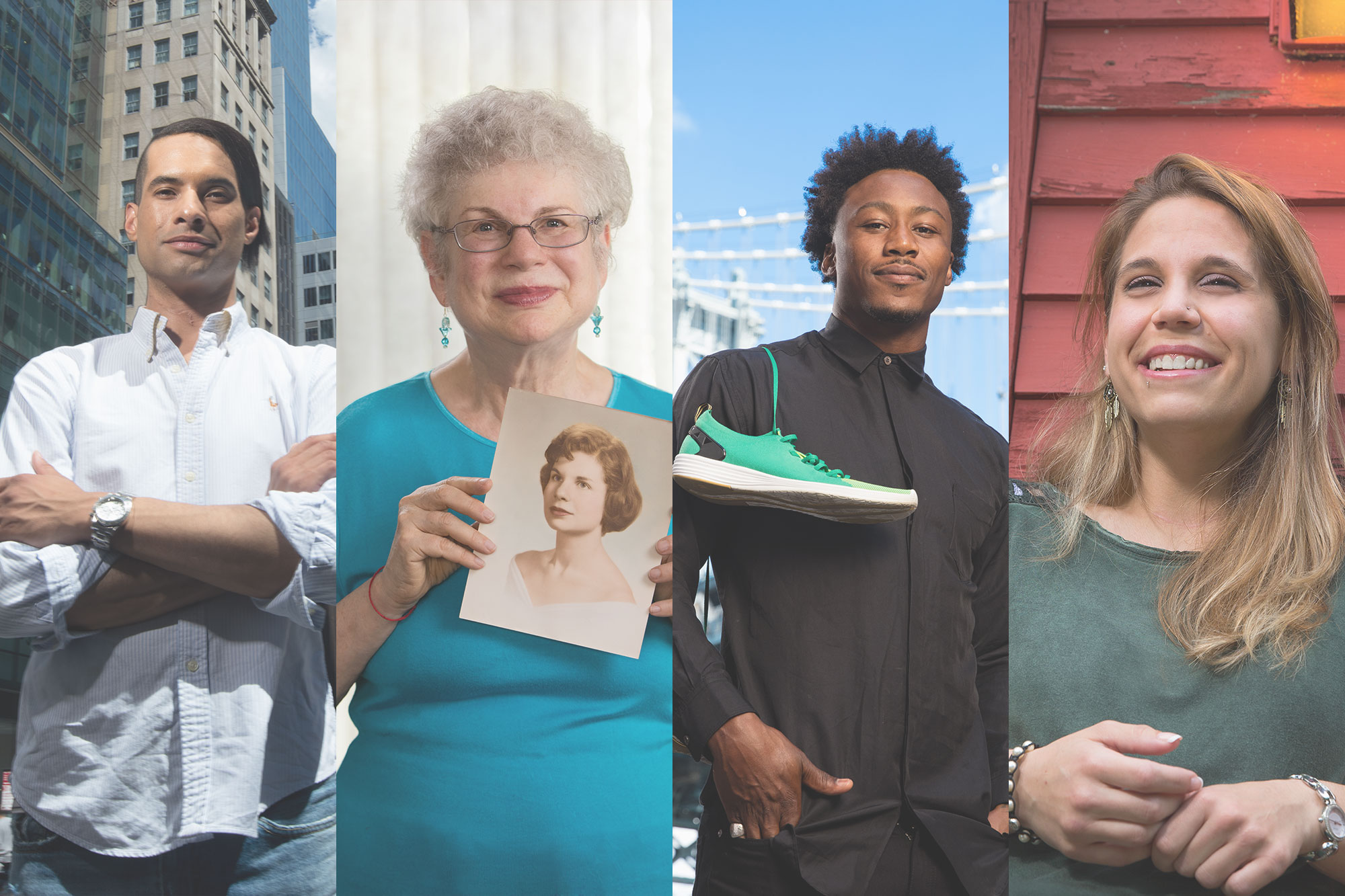I often fall through the cracks
Someone I worked with posted on social media that all of these mass shooters are mentally ill, that you have to be mentally ill to do that. For me, that feels like a huge stigma and putting somebody in a box. And yes, I have mental illness, but I am more of a harm to myself than I would be to anyone else.
Persephone experiences epilepsy, autism, attention-deficit/hyperactivity disorder, obsessive compulsive disorder, post-traumatic stress disorder, anxiety, and depression. In her attempts to find help, she has been frustrated by society, law enforcement, and the medical community.
I am afraid of asking for help from the police. Any time I call for help or say I’m suicidal, three to four police officers will show up. Why do you need this many police officers showing up to somebody saying they’re suicidal or wanting to hurt themselves? You can’t even do it quietly. I have to be escorted by the police instead of having maybe the EMTs come down to me. Police don’t really care if they cause trouble where I live, and I’ve said to them, ‘You’re causing issues in my life where I live.’ ‘Oh, we don’t care,’ ‘You can deal with that,’ are the words that essentially come out. Well, that’s part of the reason my mental illness is so bad. Where I was living, rumors were getting spread about me, and I was being bullied by other people.
Persephone says that sometimes health care providers can’t differentiate her disability from her mental illness—or they have a lack of experience with autism.
I don’t fit the criteria for many different things, so I often fall through the cracks.
During her first hospitalization at 15 for autism, tests indicated Persephone was functioning at the developmental level of a five-year-old. Since that time, she has made great strides in learning to verbalize her emotions. Now 33, she wonders if she can appear too functional to be hospitalized when she needs care.
I can now talk about how I am feeling instead of banging my head against a wall. But just because my pain is invisible doesn’t mean it is not there.
She says the medical system was more helpful when she was younger. Her most recent hospital stay, which happened this year, was delayed because of a lack of available beds.
I was actually told by the psychiatrist that I should have been admitted sooner. I was like, ‘Yeah, I know, but nobody would take me.’
For several years, Persephone could not find a psychiatrist who accepted Medicaid. Even when she has been hospitalized, she struggles to readjust to everyday life when she leaves. She wishes Vermont had halfway houses for people in her situation.
In the psych unit, we had morning meeting, a goals group, and at night we had wrap-up group, where we talked about how our day went. For me, that kind of structure was really great. I thrive in a place where I am living with other people I can talk to, have support, and keep some of that routine and checking in. I’m really going to miss the people that I made friends with. For a lot of us, it’s hard to leave the hospital and go back into the real world. It’s a shocker. The last time I left the hospital, I was petrified at night of somebody coming out and getting me. I had such anxiety. It was really hard to readjust to society.
Persephone remains in touch with friends from the hospital through social media and texting. She lives in her own apartment but relies on the support of her mom, who lives a 45-minute drive away. The two talk daily on the phone, and her mom visits once or twice a week.
Persephone worries about her future, but feels comforted by her friends, her artwork, and by animals. She is empowered when she shares her experiences.
I am more than my mental illness. I am an artist. I feel there needs to be a change. I try to voice it by talking with my friends, going on social media, creating artwork. I like to consider myself a freelance advocate—advocating wherever and whenever I feel there’s a need for it.

